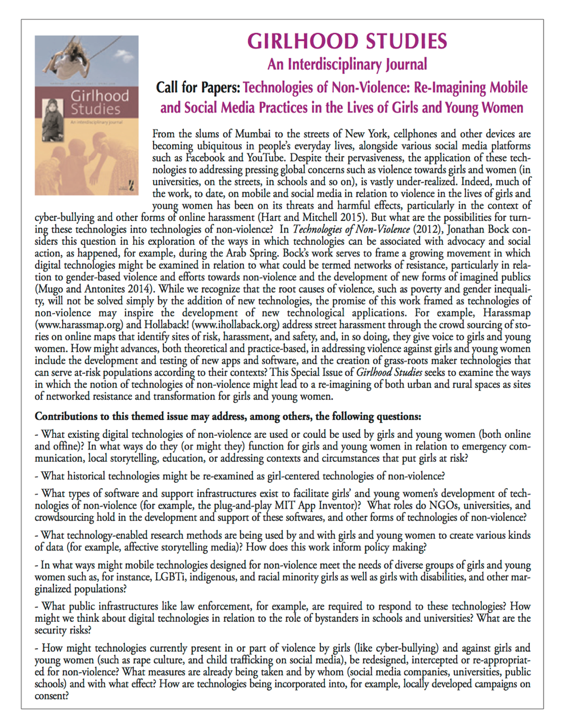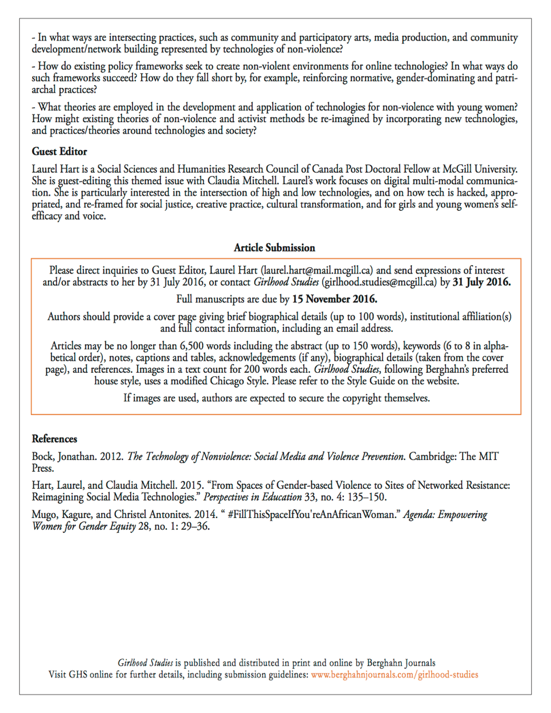Deadline Extended!
We have extended our deadline for the 4th International Cellphilm Festival: Exploring Consent: Bodies, Lands & Media to November 20th.
Linking notions of consent, bodies, and lands is inspired by critical Indigenous activist works, particularly from the 2016 partnership between Women’s Earth Alliance and the Native Youth Sexual Health Network (NYSHN), who argue, “for Indigenous communities in North America, the links between land and body create a powerful intersection–one that, when overlooked or discounted, can threaten their very existence” (2016, p. 2). We encourage submissions that take up the question, how might violence on the land be linked to violence on the body (NYSHN, 2016)? We also encourage submissions that explore the festival theme broadly. For example, cellphilms might explore topics such as: what consent means to you; ideas about how consent is negotiated; interrogating settler colonialism and consent on the land and body; consent in relation to all kinds of media (DIY, social media, news media, etc.); consent in relation to bodies, consent in relation to the land and environment; critical interpretations of how individuals or communities negotiate consent and issues of self-determination within a wider society; or how cellphones, themselves, may or may not contribute to the way we understand consent, across local or global spaces. We hope that submissions will creatively interpret the theme in a way that is meaningful for you and can be shared with a global audience through the on-line festival format.
By November 20th, please upload your 60-90 second cellphilm to YouTube, e-mail the link to thecellphilmfestival@gmail.com, and include your cellphilm’s title (as well as a brief description).
See the cellphilms from the 2nd International Cellphilm Festival and cellphilms from the 3rd International Cellphilm Festival for inspiration.
We invite submission of cellphilms (videos made with a cellphone) to our International Cellphilm Festival. These cellphilms should be 60-90 seconds in length on the theme: “Exploring Consent: Bodies, Lands & Media.” Students, faculty, and community organizations are welcome to submit entries.
By November 1st, 2016, participants should:
- Upload your 60-90 second cellphilms onto Youtube.com
- Email the link to thecellphilmfestival@gmail.com with the following information:
- submission title
- a 100-200-word description of the cellphilm (English, French, or Spanish)
- country of origin
- all names of the producers of the cellphilm.
We encourage submissions that explore the festival theme broadly. For example, submissions might include cellphilms that explore topics such as: what consent means to you; ideas about how consent is negotiated; consent in relation to all kinds of media (DIY, social media, news media, etc.); consent in relation to bodies, consent in relation to the land and environment; critical interpretations of how individuals or communities negotiate consent and issues of self-determination within a wider society; or how cellphones, themselves, may or may not contribute to the way we understand consent, across local or global spaces. We hope that submissions will creatively interpret the theme in a way that is meaningful for you and can be shared with a global audience through the on-line festival format.
The International Cellphilm Festival sponsored by the Institute of Human Development and Well-being and the Participatory Cultures Lab will feature a public screening and discussion event at McGill University, Montreal Canada on World AIDS Day, December 2nd, 2016. The event will celebrate the contributions and insights of students, community activists, and research participants using this mobile medium in hopes of further developing this method and their creativity.
Our Partners:
McGill Institute of Human Development and Well Being http://www.mcgill.ca/ihdw/ and Participatory Cultures Lab McGill http://participatorycultureslab.com/
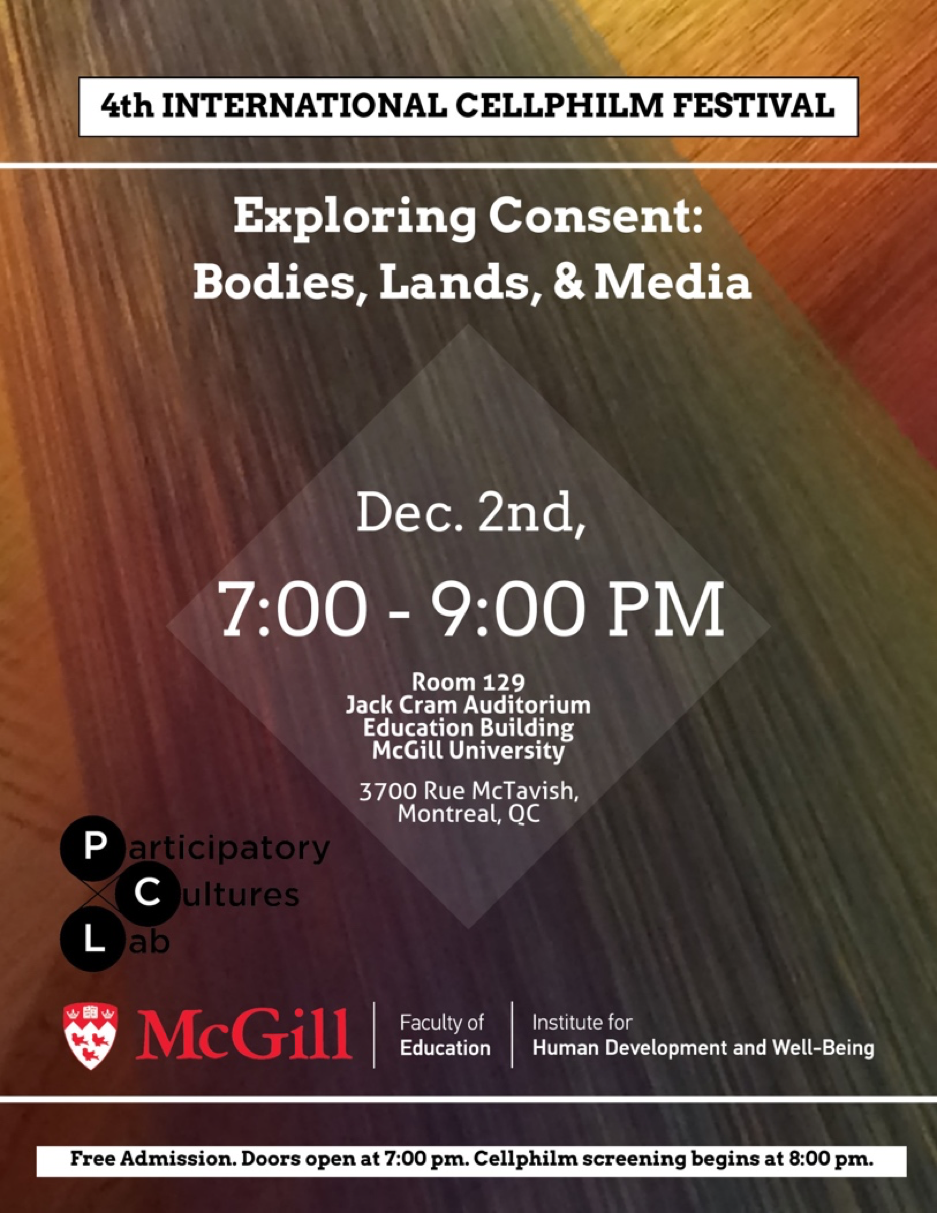
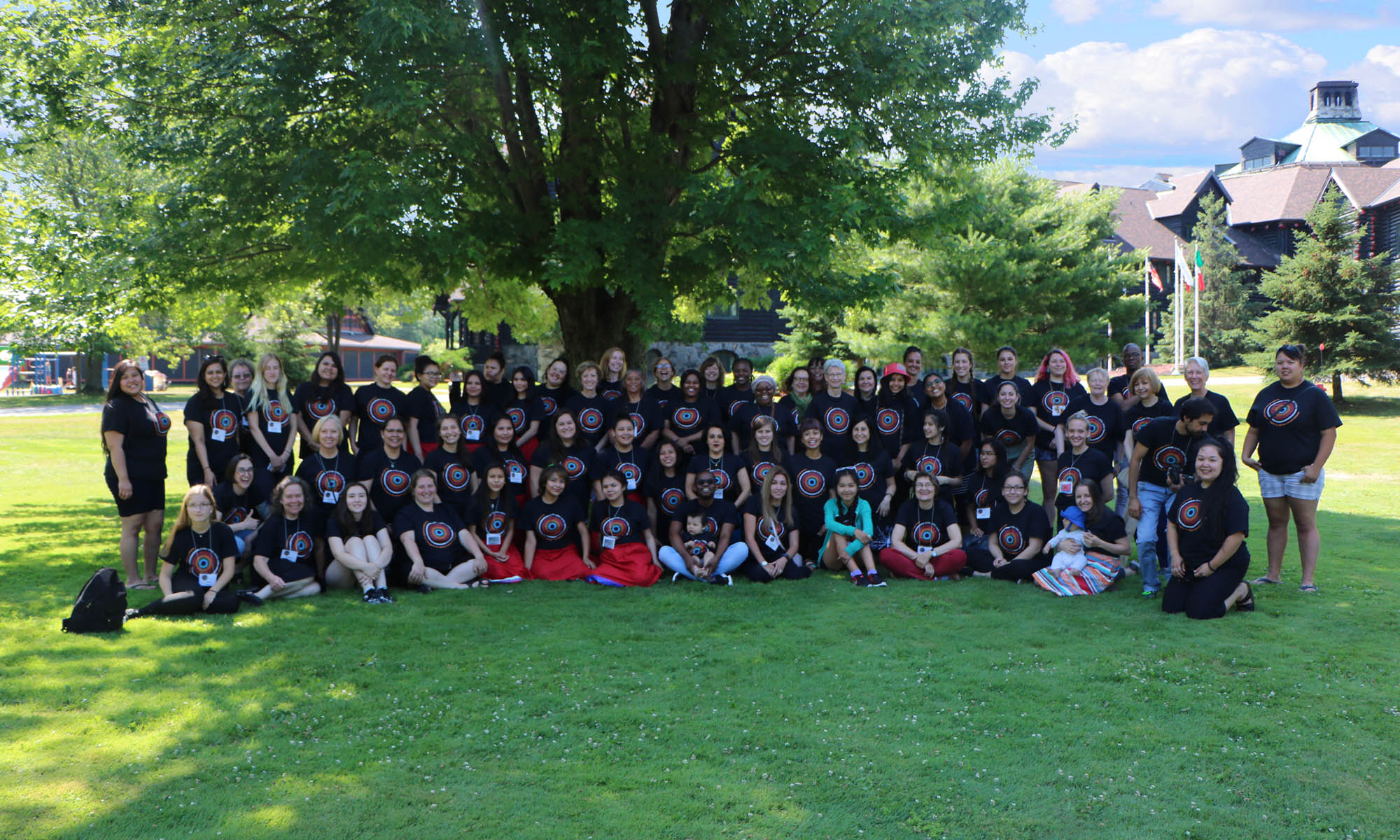
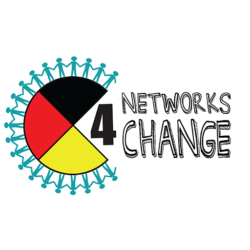
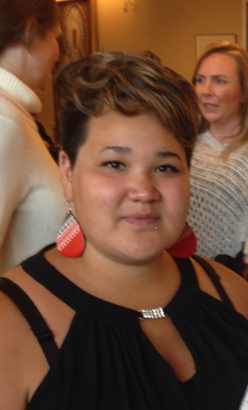
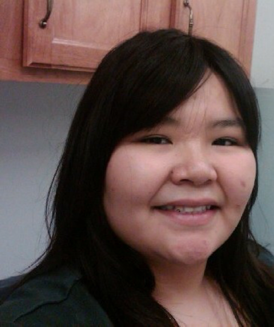
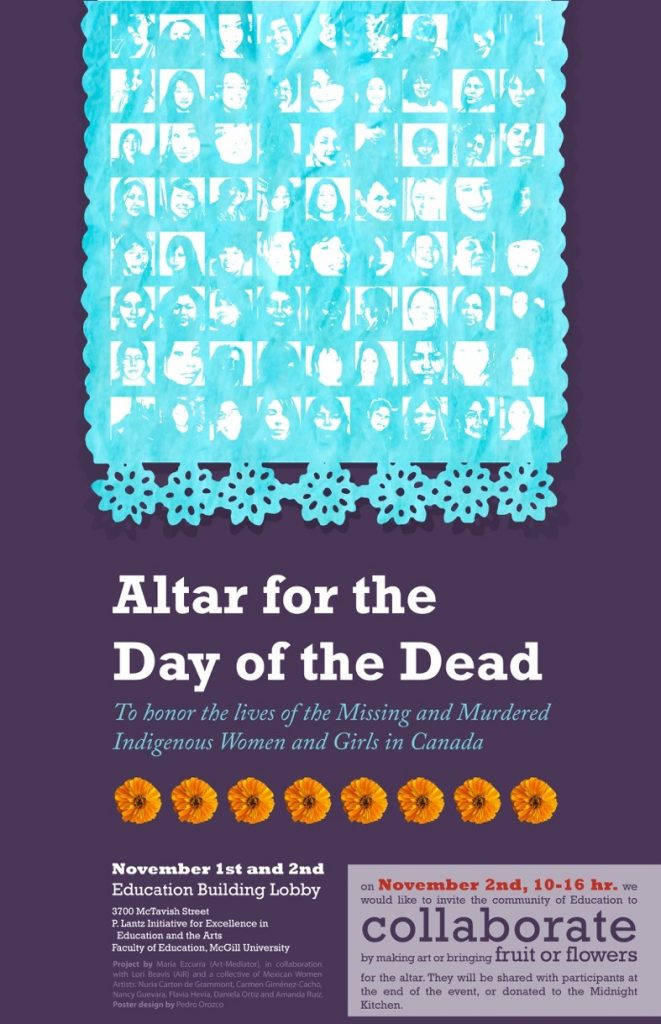
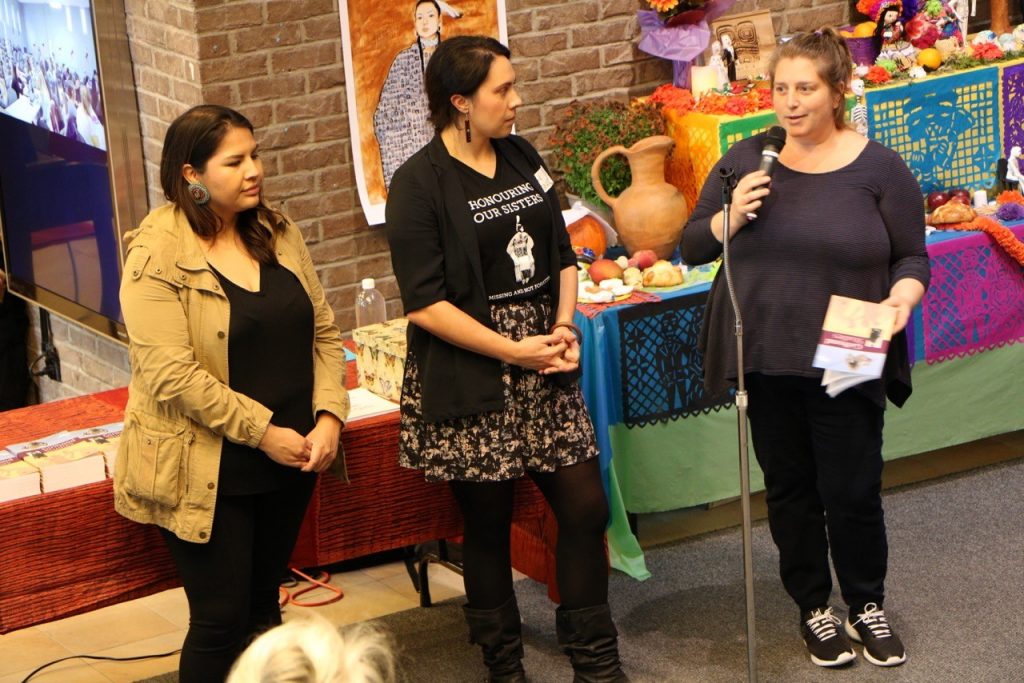
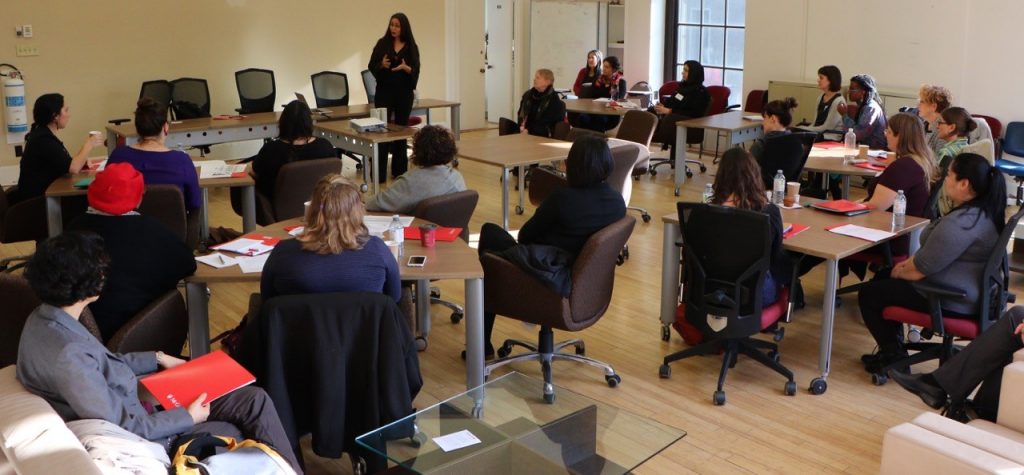

 Recognizing the need for decolonizing perspectives and approaches, the guest editors of this Special Issue, Kirsten Lindquist, Kari-Dawn Wuttunee and Sarah Flicker, offer a boundary breaking collection. Alongside the fact that it is one of the first ever collections on Indigenous girlhoods, the Special Section is unique in several other ways. First of all, it is guest edited by an editorial team that includes two Indigenous young women, Kirsten and Kari-Dawn, both members of the National Indigenous Young Women’s Council (NIYWC), and as such, draws on the strength of an organization of Indigenous young women. It also highlights the significance of community alliances as represented by the contributions of Sarah of York University who has been working with Indigenous young people in Canada for more than a decade. The collection includes submissions on Indigenous girlhoods in Canada, South Africa and Mexico, acknowledging solidarity amongst Indigenous peoples globally, as recognized for example in the United Nations Declaration on the Rights of Indigenous Peoples.
Recognizing the need for decolonizing perspectives and approaches, the guest editors of this Special Issue, Kirsten Lindquist, Kari-Dawn Wuttunee and Sarah Flicker, offer a boundary breaking collection. Alongside the fact that it is one of the first ever collections on Indigenous girlhoods, the Special Section is unique in several other ways. First of all, it is guest edited by an editorial team that includes two Indigenous young women, Kirsten and Kari-Dawn, both members of the National Indigenous Young Women’s Council (NIYWC), and as such, draws on the strength of an organization of Indigenous young women. It also highlights the significance of community alliances as represented by the contributions of Sarah of York University who has been working with Indigenous young people in Canada for more than a decade. The collection includes submissions on Indigenous girlhoods in Canada, South Africa and Mexico, acknowledging solidarity amongst Indigenous peoples globally, as recognized for example in the United Nations Declaration on the Rights of Indigenous Peoples.
